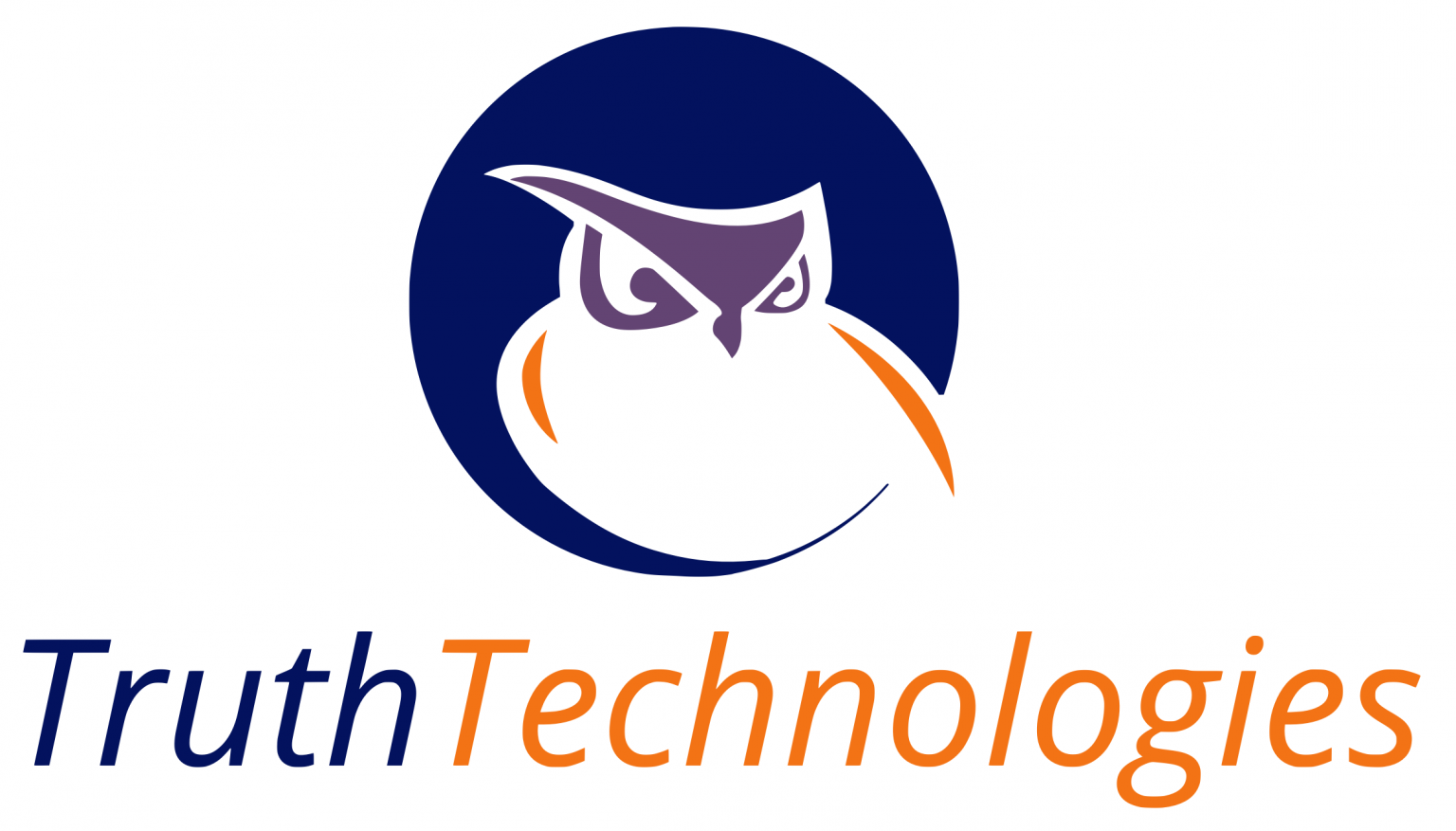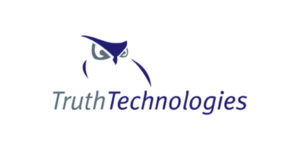CITES is crucial in fighting illegal wildlife trade, which greatly threatens biodiversity. It strengthens international cooperation and legal frameworks to protect endangered species from over-exploitation. CITES partners with organizations like FATF to track financial transactions linked to wildlife crimes. This includes the use of Anti-Money Laundering (AML) and Know Your Customer (KYC) protocols. The World Wildlife Crime Report of 2024 exposes global involvement in illegal animal trade over the years. It shows the vast industry scale and its connection to money laundering. The emphasis is on examining CITES’ strategies for curbing wildlife trafficking through AML and KYC protocols. Moreover, the objective is to pinpoint challenges that impede these initiatives while enhancing the comprehension of various stakeholders.
CITES and Its Mission
Protecting Endangered Species
The Convention on International Trade in Endangered Species of Wild Fauna and Flora (CITES) was established in 1973. It’s an international agreement between governments. and aims to protect endangered species from illegal wildlife trade threats. CITES regulates and monitors global trade in wildlife and plant species. It ensures that such trade does not endanger their survival. CITES provides a legal framework for member countries to control the import and export of over 40,000 species (CITES). Its initiatives help reduce over-exploitation and create a systematic approach to global wildlife protection.
Combating Illegal Wildlife Trade with International Bodies
CITES works with various international bodies to tackle illegal wildlife trade. The World Wildlife Crime Report of 2024 notes that 162 countries were involved in illegal animal trade from 2015 to 2021 (CITES). CITES forms alliances with organizations like the Financial Action Task Force (FATF) to expose the financial networks behind wildlife crimes. FATF boosts the ability to detect and stop illicit transactions. These crimes generate around 110 to 281 billion USD each year, often through money laundering.
According to Money Laundering and the Illegal Wildlife Trade, a FATF report, wildlife traffickers exploit gaps in financial sectors. They move, hide, and launder their profits, sustaining crimes and harming financial integrity. FATF tracks these networks and disrupts their profits by following wildlife traffickers’ financial trails. AML and KYC protocols are vital here. They ensure that businesses clearly understand their partners and avoid engaging in illegal wildlife trade.
CITES’ collaboration extends to enforcement agencies and NGOs, for a broad approach to wildlife trafficking. This includes INTERPOL, the United Nations Office on Drugs and Crime, the World Bank Group, and the World Customs Organization (WCO), which are all part of the International Consortium on Combating Wildlife Crime (ICCWC). This strategy merges legal, financial, and conservation efforts, proving CITES’ commitment to ending the illegal trade of endangered species worldwide.
Enhancing Conservation Efforts
Future Directions for Wildlife Protection
In the future, wildlife protection efforts must respond to new challenges in illegal wildlife trade. CITES plans to enhance its regulations using tech advancements such as blockchain, to better trace and monitor wildlife products. Strengthening partnerships with organizations like FATF is essential. Financial intelligence, boosted by AML and KYC, helps break down the economic structures of wildlife crime networks. By following these paths, CITES and its partners can protect endangered species and global biodiversity.
Innovating with Truth Technologies
In wildlife trade, following CITES regulations is key for legal and sustainable practices. Truth Technologies offers tools for compliance officers and risk managers to screen potential trading partners under CITES rules and permits. These tools give businesses a full view of the entities they work with, ensuring due diligence and compliance.
Sentinel™ Suite provides platforms for organizations to understand their customers or trade partners. The Sentinel Compliance Platform™ validates the identities and backgrounds of potential partners, using a strong database. The Sentinel Compliance Platform™ Premium offers advanced analytics for deeper insights, enabling thorough reporting and informed choices. For larger organizations, Sentinel Enterprise™ offers solutions that integrate with current systems, providing detailed risk assessments and monitoring.
Using the Sentinel™ Suite, businesses can confidently manage the complexities of international wildlife trade. These platforms strengthen compliance through better AML and KYC protocols and ensure reliability for stakeholders. As a trusted advisor, Truth Technologies empowers organizations to engage in compliant trading, promoting a sustainable and transparent global trade environment.




